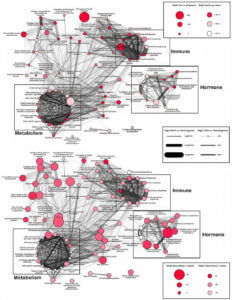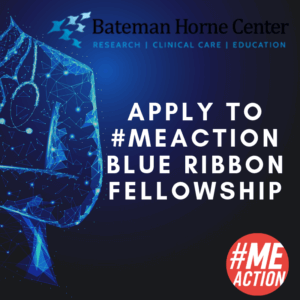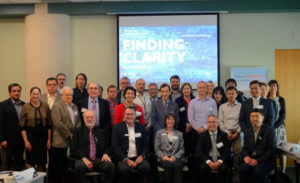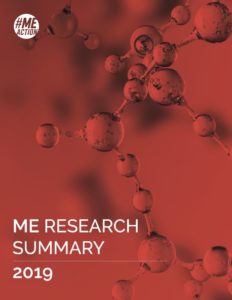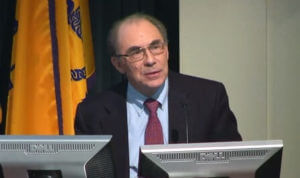
Researchers, Clinicians and Patients: Submit a Manuscript on ME to WORK Journal
Researchers, patients and clinicians are invited to submit a manuscript for consideration in a special issue of WORK: A Journal of Prevention, Assessment and Rehabilitation (IOS Press), which will focus exclusively on the area of myalgic encephalomyelitis/chronic fatigue syndrome (ME/CFS). Submissions are due Sept. 13, 2019. Scope The focus of this special edition is to examine how



